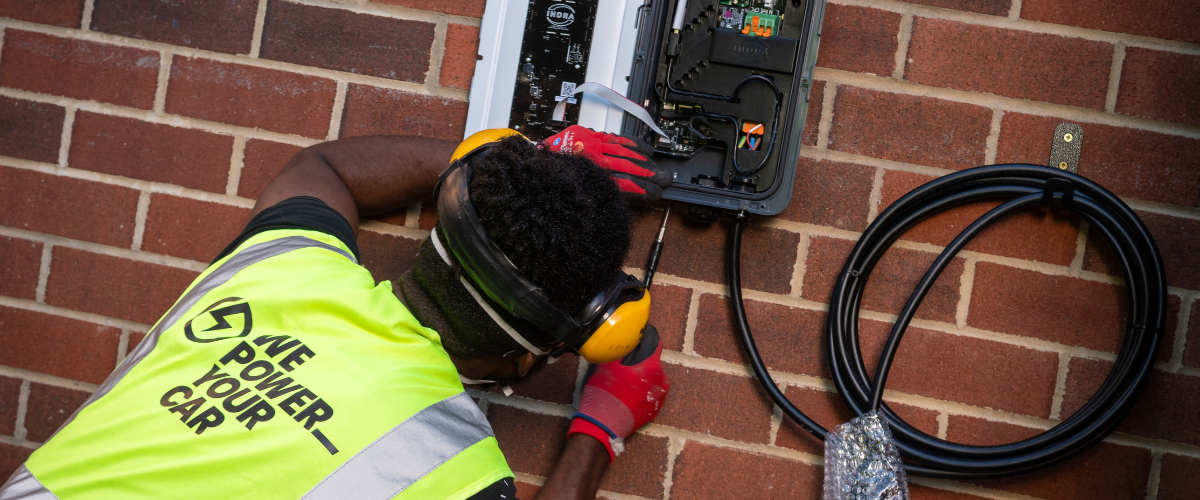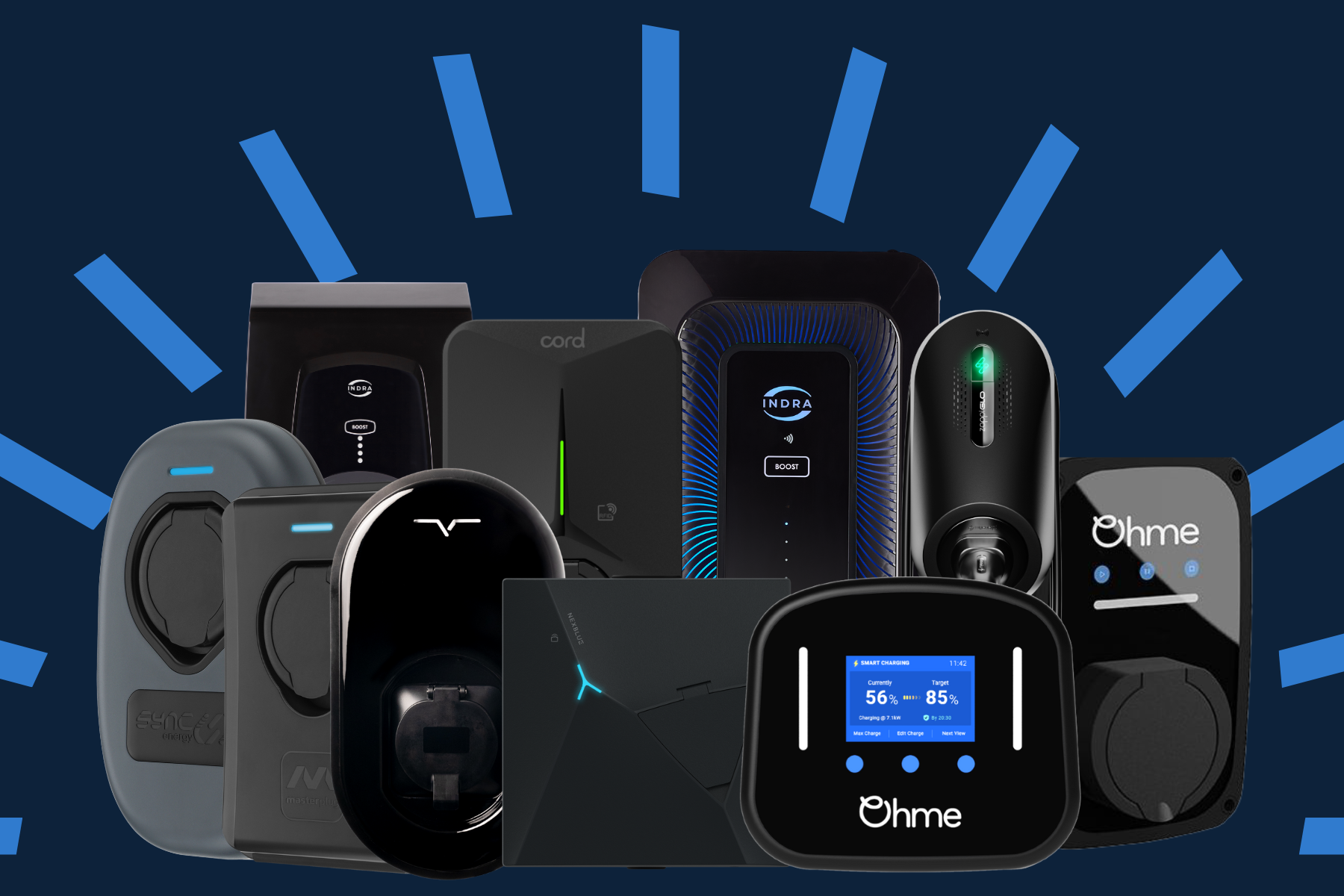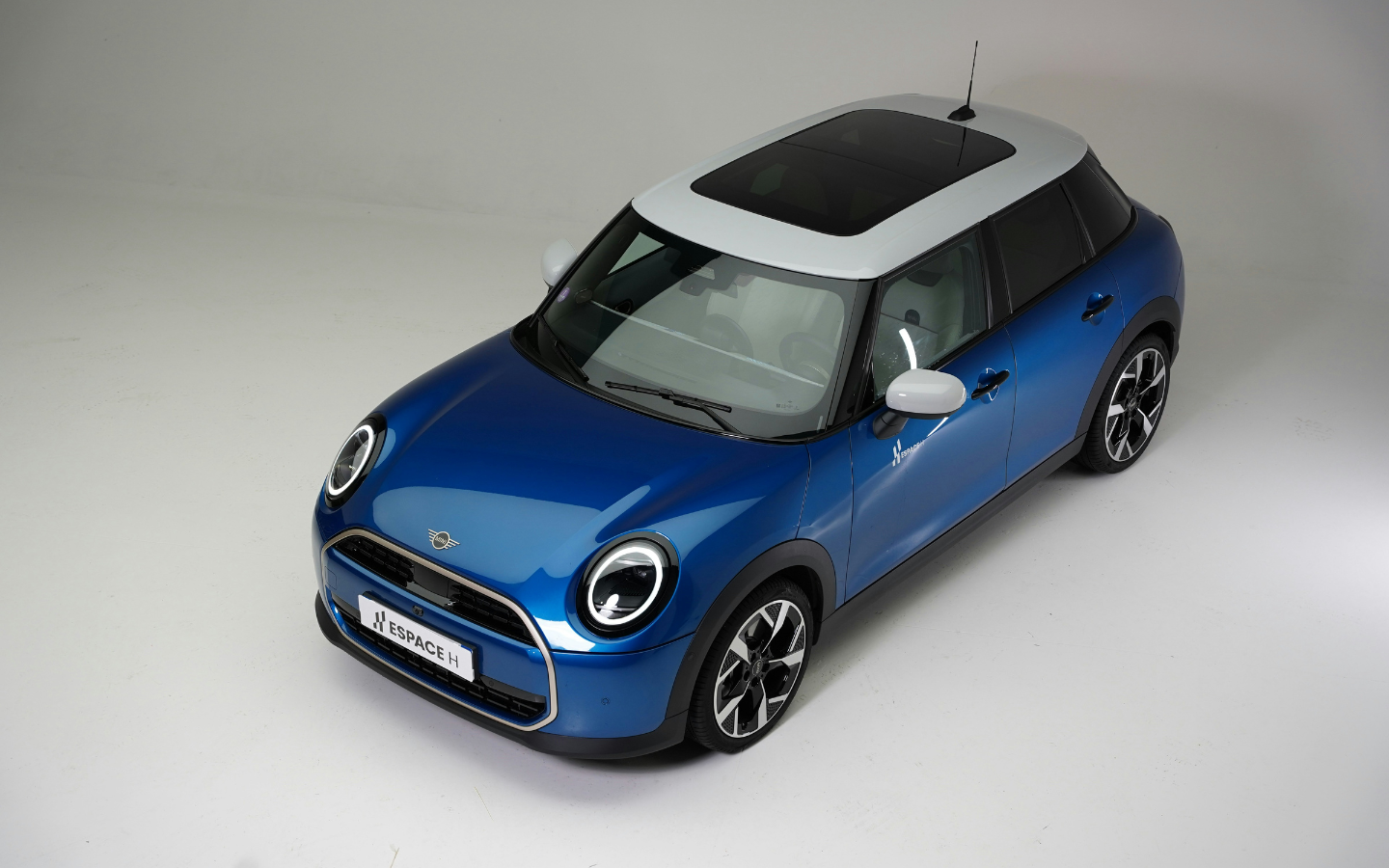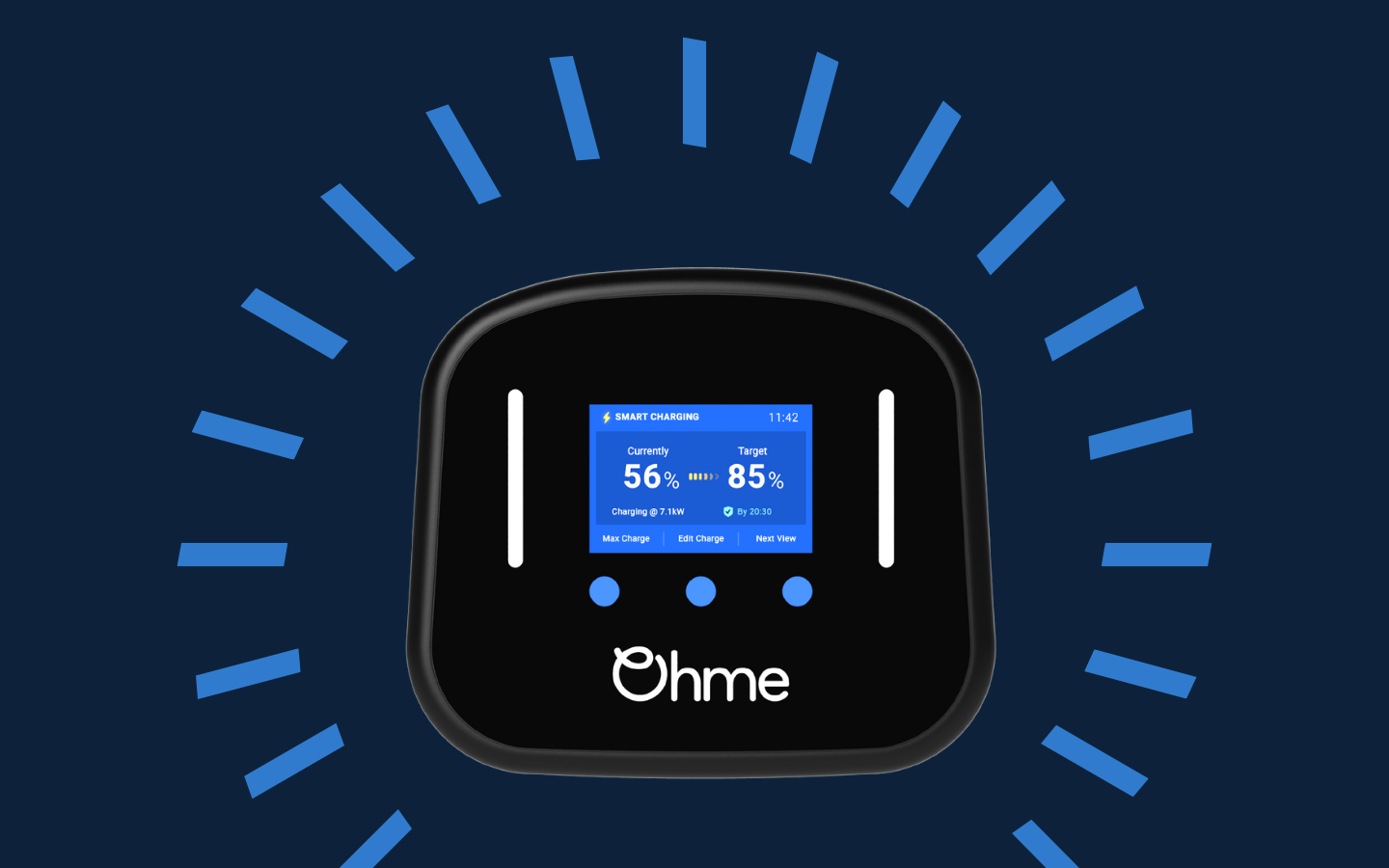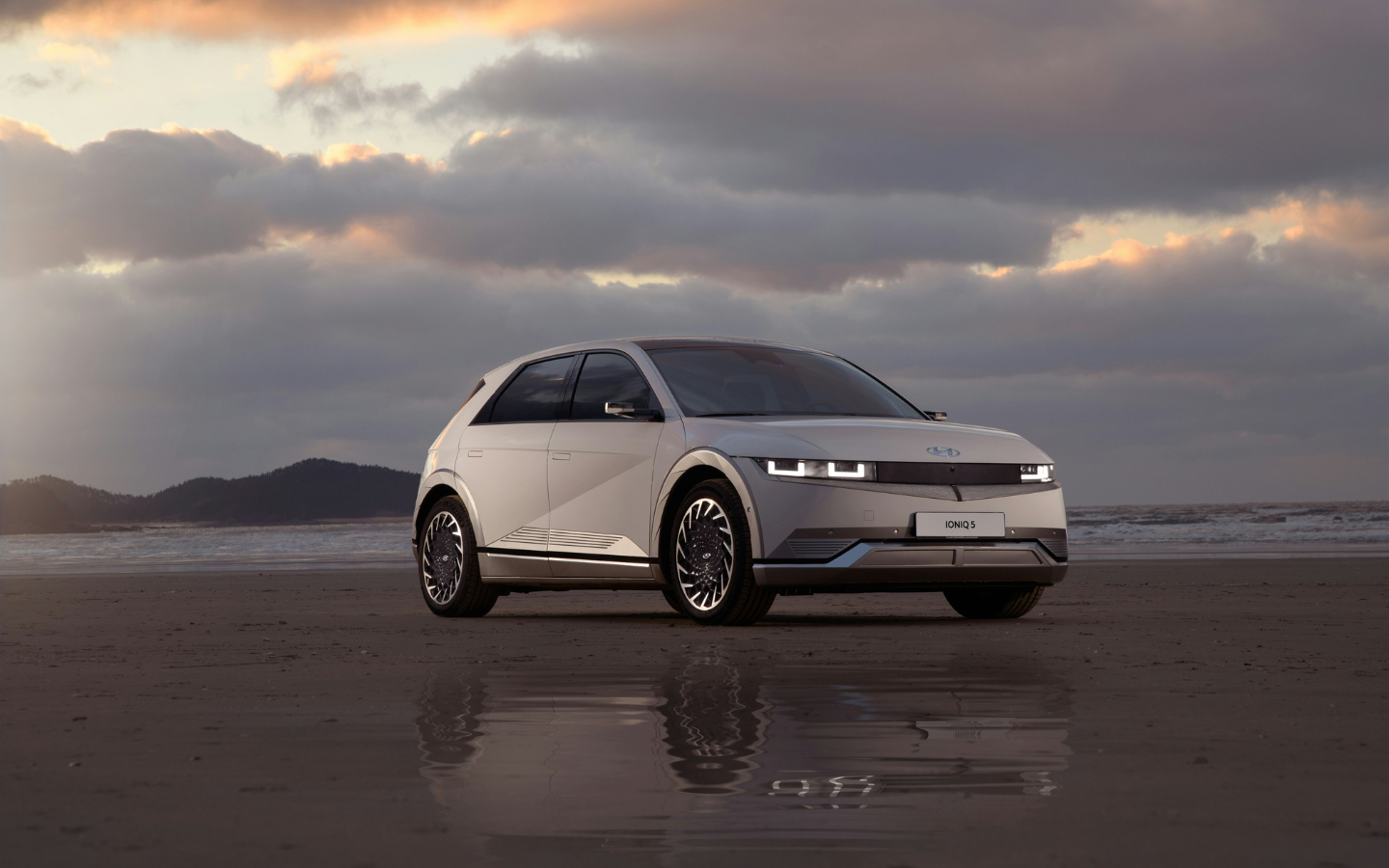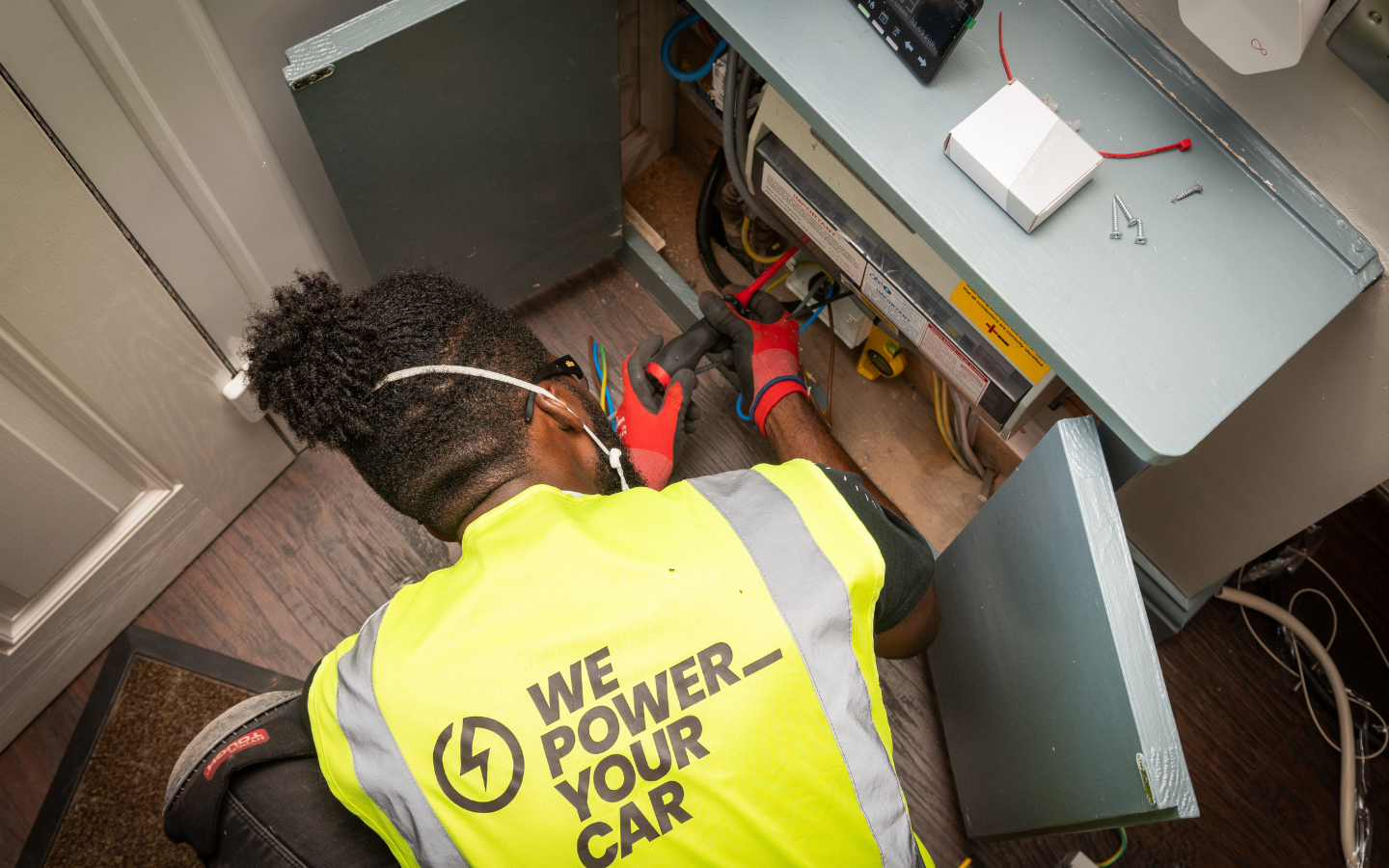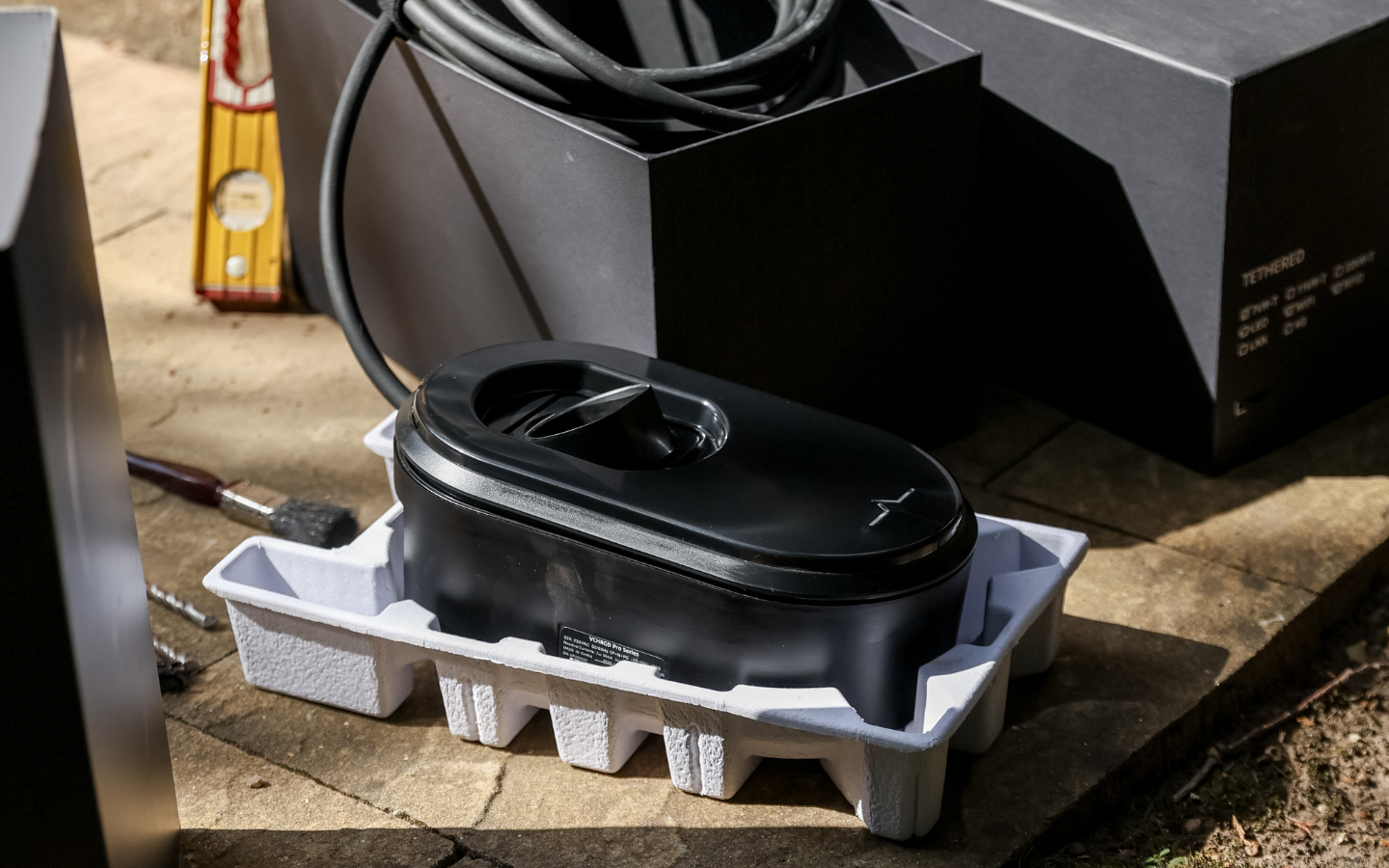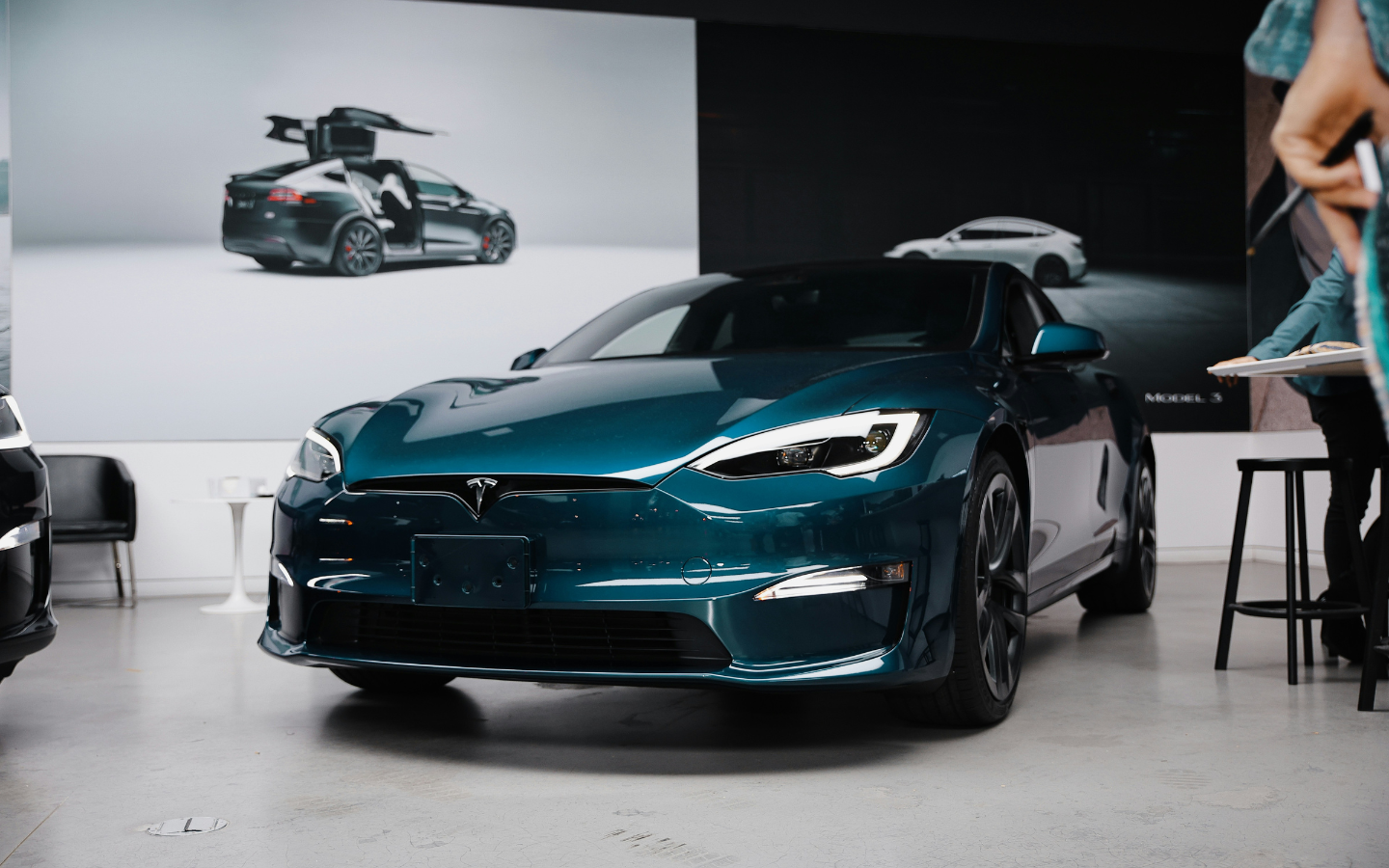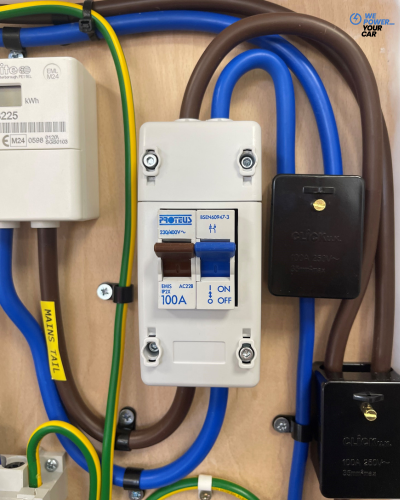
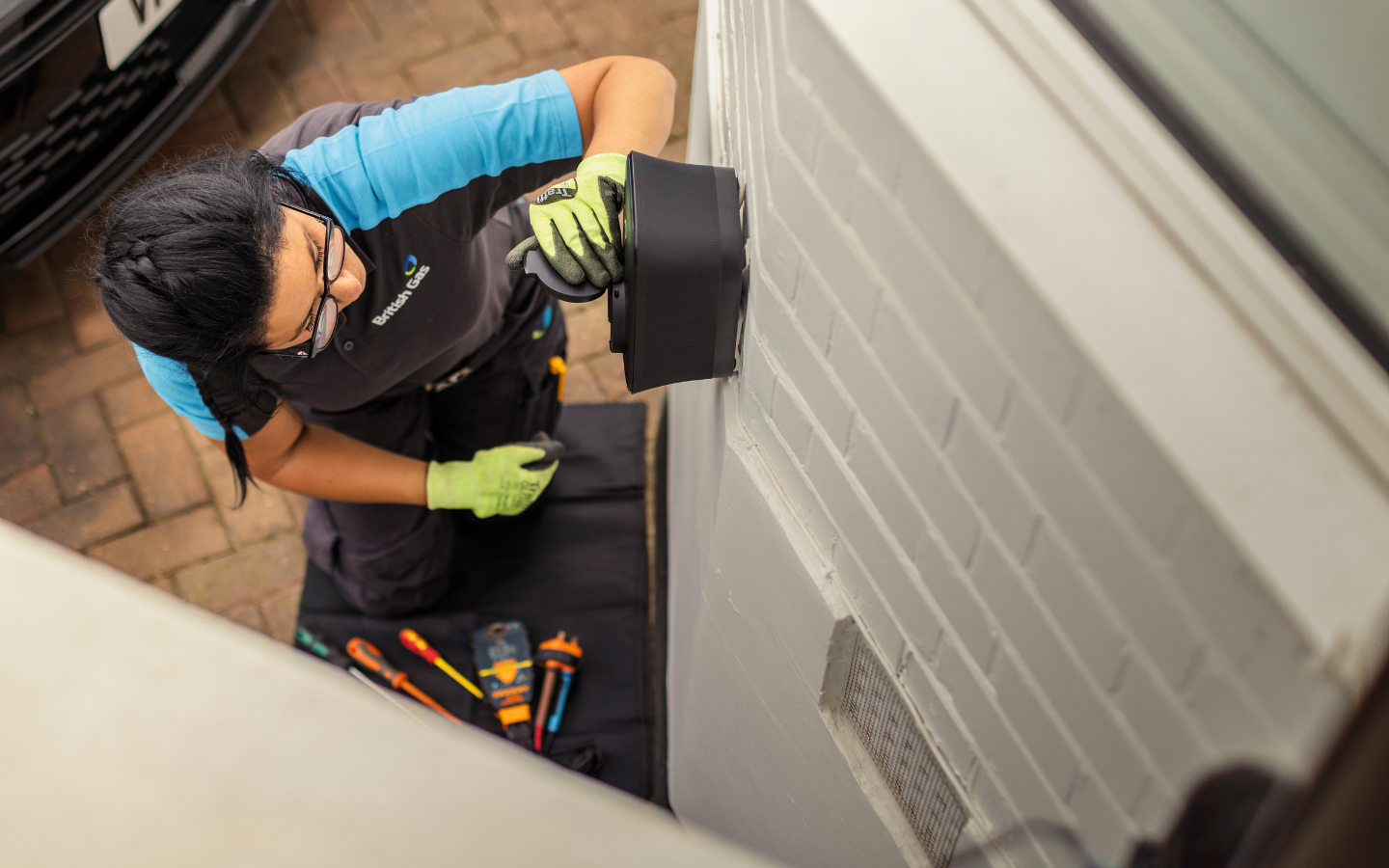
Isolation Switches and EV Chargers - Do you need an Isolator Switch?
As more people switch to electric (1,850,000 battery electric cars), EV chargers are becoming a common addition to homes across the UK. However, one small but mighty component often gets overlooked in the EV charging setup. The isolator switch. It may not be as flashy as the charging point unit or the electric vehicle itself, but it plays a vital role in safety.
Let’s dive into why this little switch is so important in EV charging.
What is an Isolation Switch?
In short, an isolator switch is a manual switch that can completely cut off the flow of electricity to your EV charging point. It acts similarly to a circuit breaker. If you aren’t a trained electrician or someone interested in the world of electrics, think of an electrical isolation switch like a safety valve for your electrical system. Flipping the switch allows you to disconnect the power to your charger whenever necessary, reducing the risk of electric shock.
The switch isn’t something you’ll be using daily, but when you need it, you’ll be glad it’s there.
Both AC and DC isolator switches exist. However, for home chargers, you only need an AC isolation switch.
Discover the difference between AC and DC electricity and its correlation to EV charging.
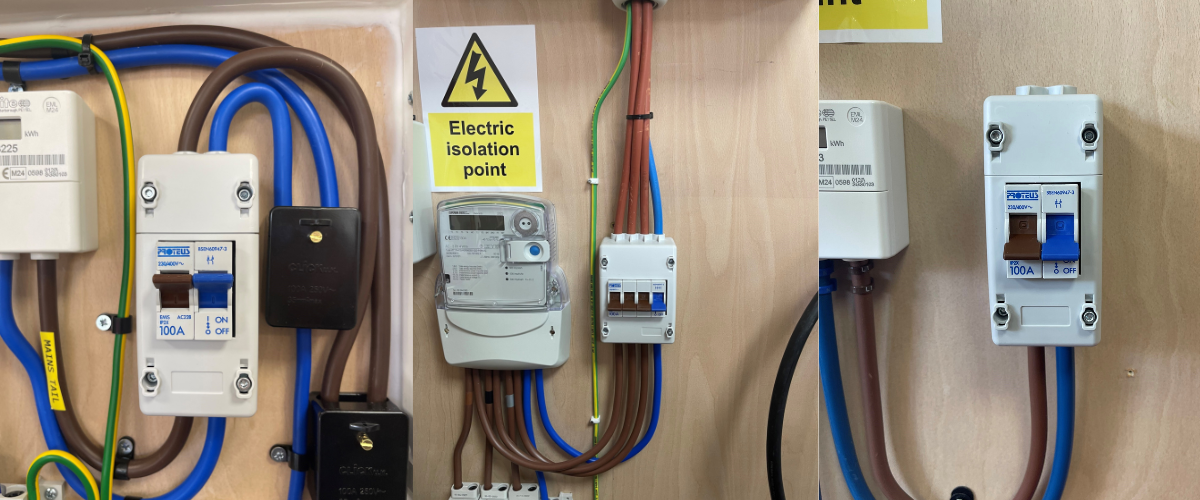
Where would you find one?
If you have one, you’ll likely find the meter isolator switch in your meter box, typically nestled after your electricity meter and before your consumer unit.
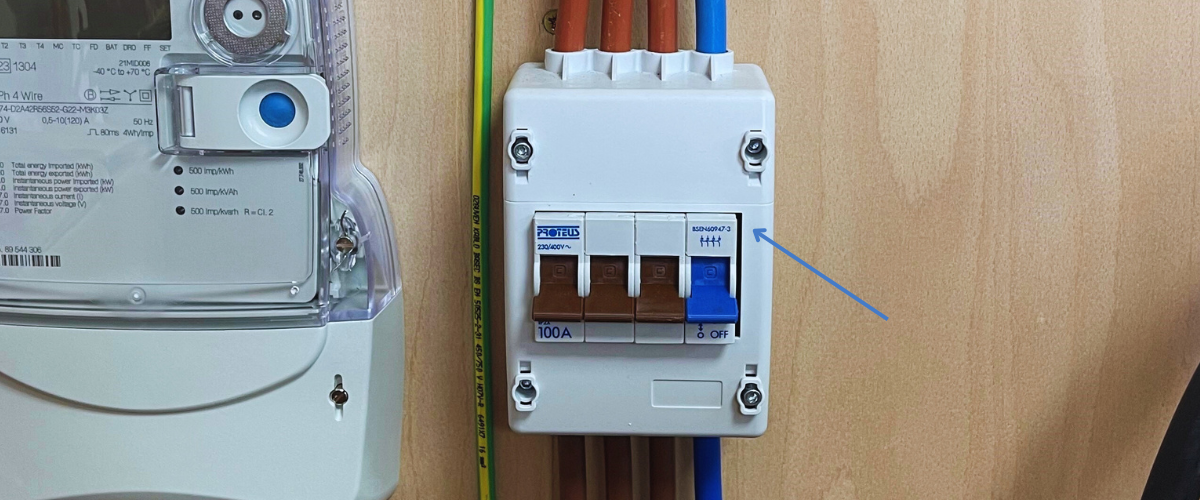
What do you need an isolator switch for? Do I need an isolation switch for an EV charger?
Legally, you don’t need an isolator switch for every household electrical appliance. Smaller appliances like stand-alone microwaves, irons, and kettles don’t need one. But larger appliances, such as air conditioners, cookers and boilers, do.
However, for EV chargers, isolator switches are an absolute must. To ensure your installation is safe and compliant, an isolation switch has to be installed on your electrical system before your electric car charger can be installed.
Why are isolator switches important?
1. Safety First
Isolator switches are designed to protect you, your charger, and your home. If there’s a fault or malfunction in your EV charger, the switch lets you immediately shut off the power. In turn, you are preventing electrical fires, shocks, or other dangerous situations.
2. Quick and Easy Maintenance
Let’s say your EV charger needs a quick repair, or maybe you’re upgrading to a smart or more powerful charger. EV charger installers need to work on your EV charging unit safely, and the isolator switch allows them to cut off power without affecting the electricity in the rest of your home.
3. Instant Control
While your EV charger will generally run smoothly, having instant control over the power supply gives you peace of mind. If you ever need to power down your charger—whether for safety reasons or to conserve energy during off-hours—the isolator switch gives you that immediate, complete control.
How do isolator switches work?
The isolator switch sits there, quietly waiting, ready to spring into action when needed. You don’t have to worry about complex mechanics. Just flick the switch, and it breaks the circuit, isolating the power and cutting off the flow of electricity to the charging point.
This electric isolation switch is crucial, ensuring that no electricity reaches the charger during maintenance or in case of a fault.
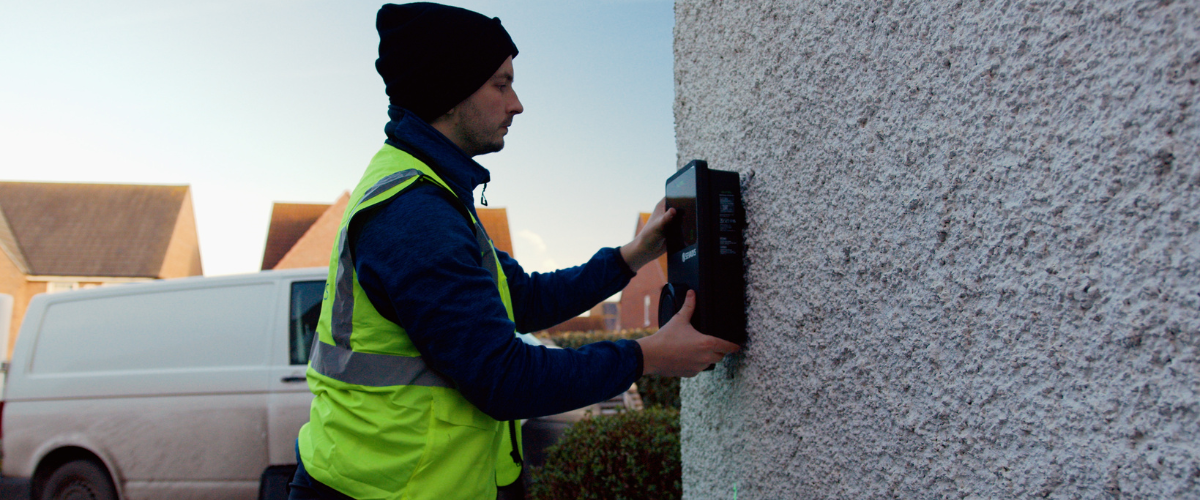
Who can install them?
Only experienced professionals can install an isolator switch on your property before an EV charger can be installed. So, in short, only your energy provider or a Safe Isolation Provider (SIP) can install your isolator switch. The isolation switch will be either single phase or three phase.
Much like an EV charger installation, make sure you leave the wiring and installation of the isolation switch to the professionals. Do not try to do it yourself.
That said, you can buy isolator switches online at coveted places like Proteus.
As a fully accredited Safe Isolation Provider, we can legally remove and install isolator switches.
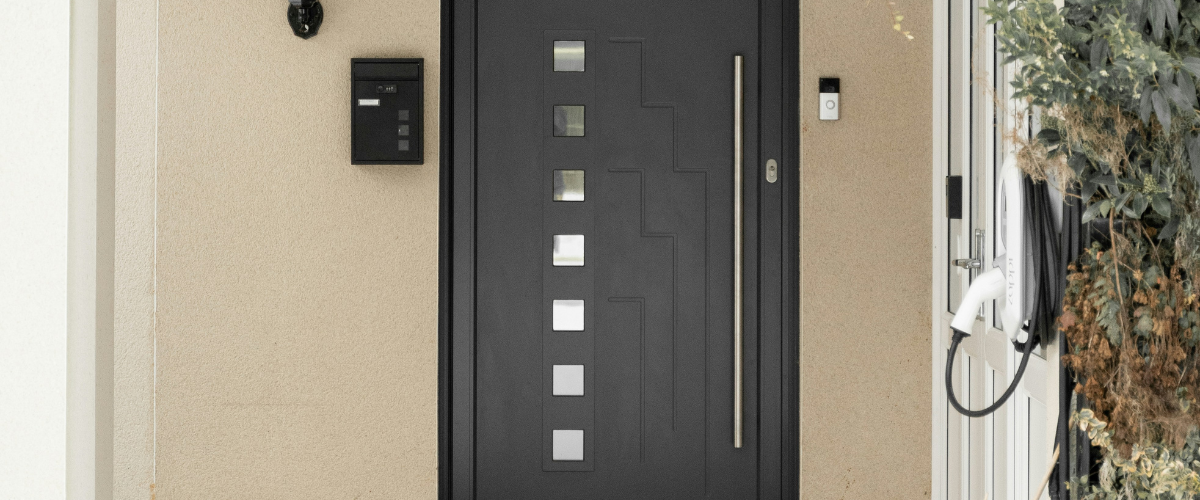
Summary:
When should you use an isolator switch?:
- During maintenance or repairs– Keep your technician safe by disconnecting power.
- If a fault occurs – Turn off the charger immediately to avoid potential hazards.
- When upgrading – Disconnect the old charger before installing a new one (installers only).
Ready for cheaper, greener, and more convenient EV charging?
Purchase your home electric vehicle charger now. As the experts in electric car charging, we install home, workplace, and commercial EV chargers nationwide. Experienced, accredited, and OZEV-approved, trust We Power Your Car for safe, stress-free, end-to-end EV charger installation as a Safe Isolation Provider.
Browse our range of smart EV chargers, get your free EV charger and installation quote, or contact us at 03333 44 96 99 for unbiased advice.
